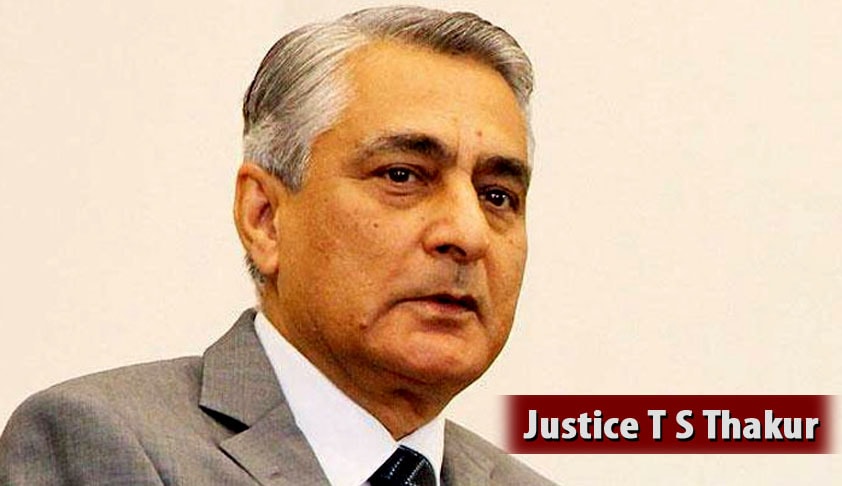Chief Justice Thakur rejects the ‘Security Clause’ in the new MoP for Appointment of Judges
LIVELAW NEWS NETWORK
5 May 2016 8:20 PM IST

Next Story
5 May 2016 8:20 PM IST
“Chief Justice of India T.S. Thakur is understood to have rejected the Centre’s proposal in the Memorandum of Procedure on appointment of judges, reserving its right to reject candidate recommended for appointment as judge on grounds of ‘national security’, reports Deccan ChronicleEarlier it is reported that the draft Memorandum of Procedure (MoP), prepared by the Government, in...
